WE REVIEWS PRODUCT THAT HELPS YOU TO PURCHASED THE BEST!
THE TOP VOICE-BASED VIRTUAL ASSISTANT
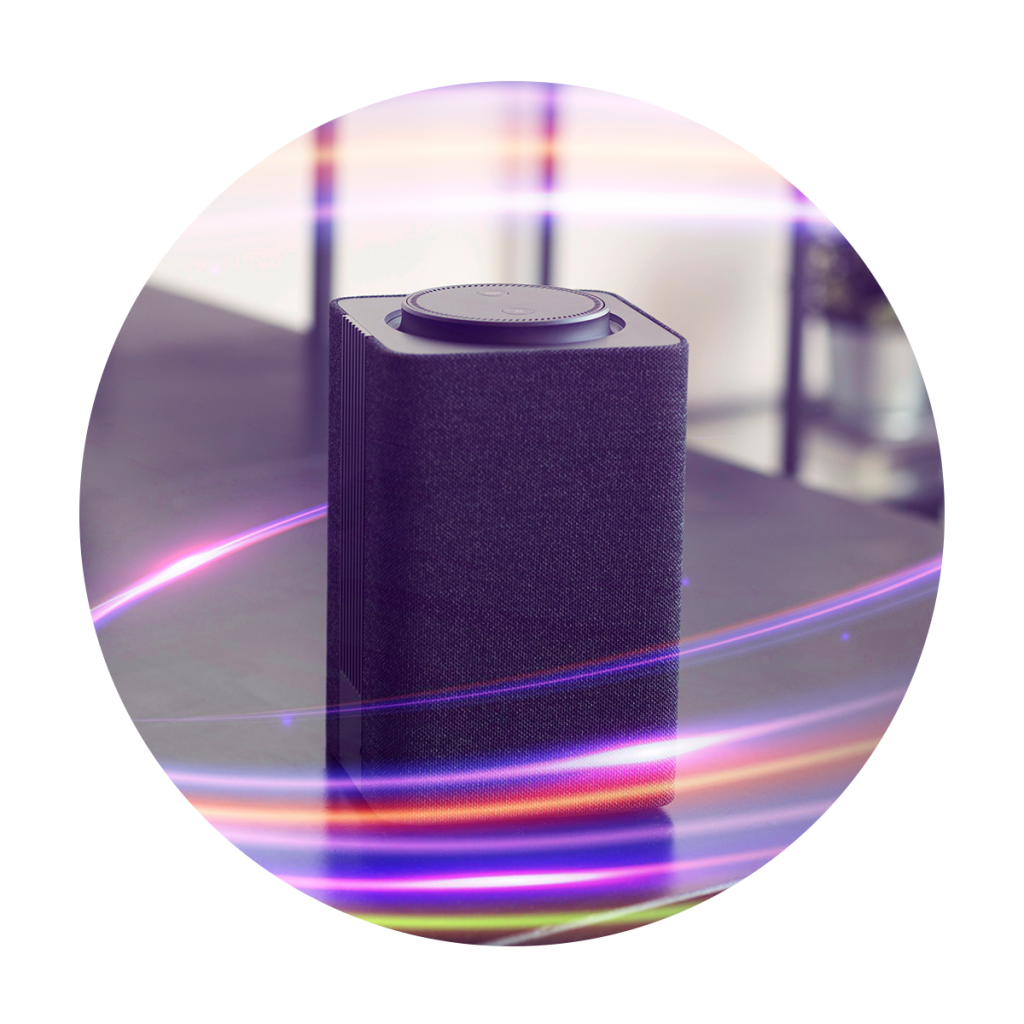
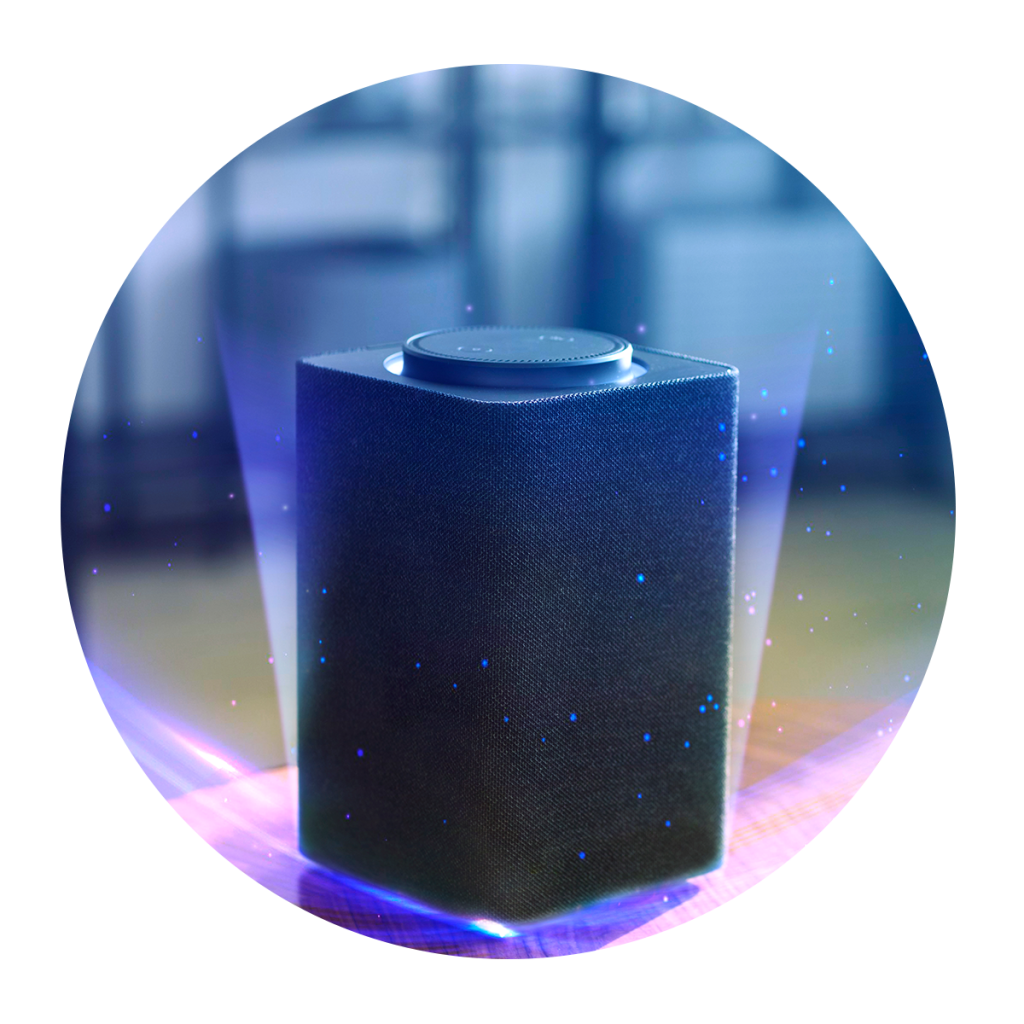
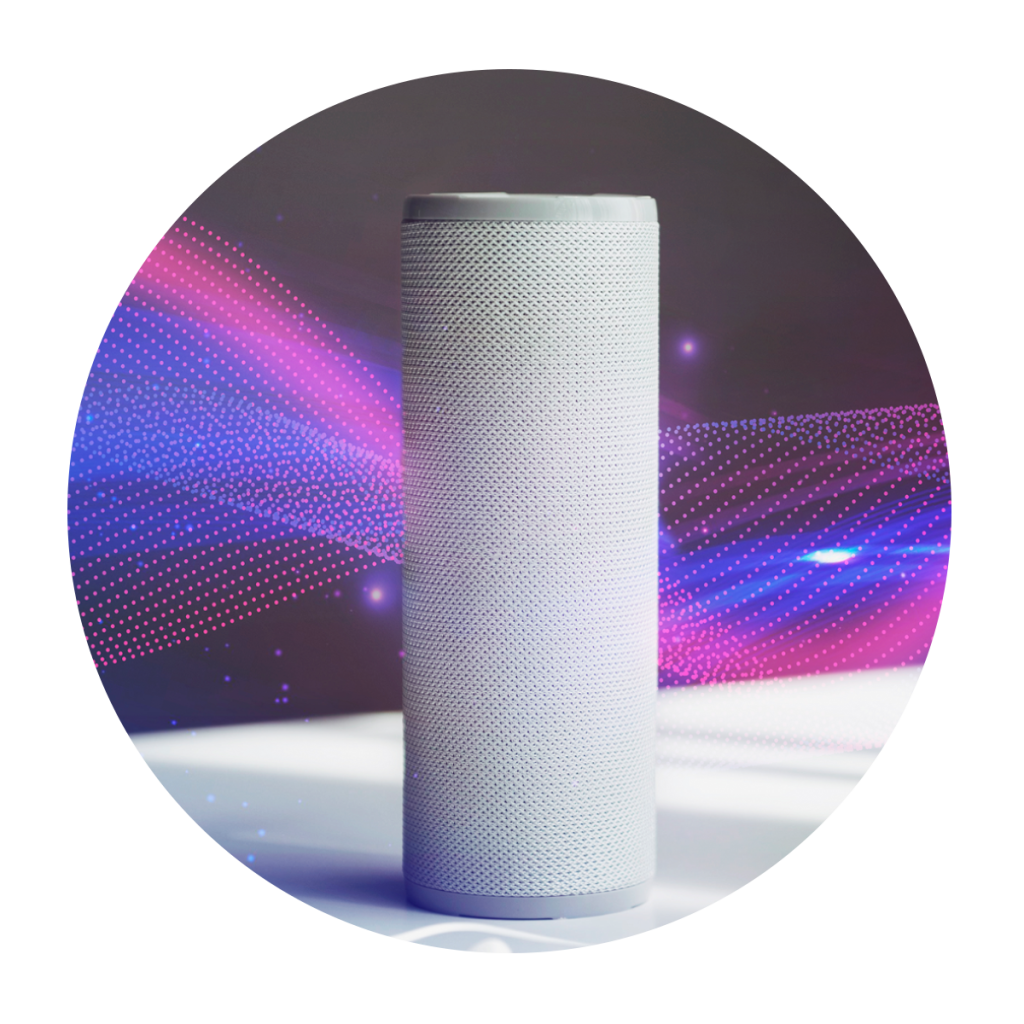
Whether your voice-activated assistant serves as the central control for your smart home or acts as a smartphone-based companion that informs you about the weather, the finest assistants simplify your interaction with technology.
Voice assistants, often embodied as friendly, female voices that promptly fulfill your spoken requests, offer more than just entertainment like playing music or reporting the weather. They serve as the vital link between you and all your interconnected devices. Whether your voice assistant takes center stage as the central intelligence of your smart home or functions as a helpful smartphone companion for weather updates, the finest voice assistants significantly enhance your interaction with technology.
Ideal for Ensuring Device CompatibilityAmazon Alexa
Amazon Alexa
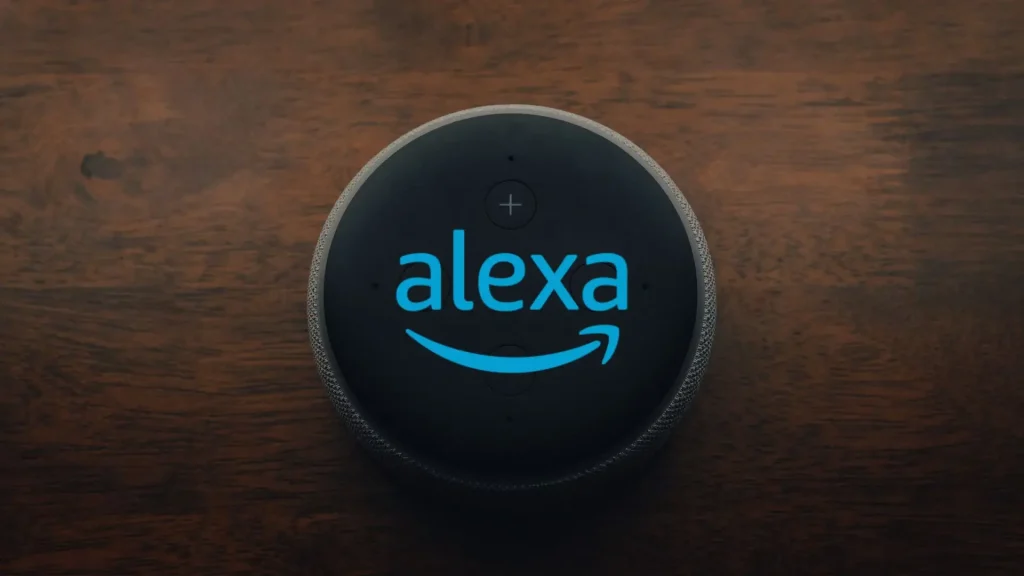
WHY WE SELECTED IT
Amazon Alexa is capable of answering general inquiries and executing tasks, including offering news updates or scheduling reminders. This voice assistant has also introduced Follow-up Mode, enabling you to issue multiple commands to Alexa in succession. After your initial command, simply provide your follow-up, and Alexa will respond without needing to be reawakened. This is particularly significant because it demonstrates that Alexa is staying at the forefront in the rapidly advancing realm of voice assistant technology. Research indicates that she is adapting more swiftly than her rivals, displaying an enhanced aptitude for handling natural language requests.
PROS
- Intelligent
- Supports smart home integration
- Convenient for shopping
CONS
- May provide inaccurate responses
- Lacks a mobile-oriented experience
Convenient Shopping
While most voice assistants can assist with everyday tasks, Alexa’s integration with Amazon offers the most effortless shopping experience. To make use of this feature, you’ll require an Amazon Prime membership. However, it simplifies the process of placing, canceling, and tracking orders. Additionally, you can inquire with Alexa about any exclusive Amazon deals currently available.
Potential for Inaccurate Responses
A recent study conducted by Perficient Digital revealed that Amazon Alexa may occasionally provide incorrect answers or fail to supply relevant responses. There are instances where it might take several attempts before obtaining the desired answer. It’s worth noting that this phenomenon is partly attributed to the fact that Alexa now accommodates a wider range of questions, and the probability of inaccuracies rises with increased query diversity. Lee Mallon, the founder of Rarely Impossible, a company specializing in voice and mobile applications, emphasized that while voice assistant technology is beneficial, it is still in its early stages and involves a learning curve. Achieving consistent and effective responses may require some practice in crafting voice commands.
Limited Mobile Integration
In contrast to its primary competitors, Google Assistant and Siri, Alexa is not pre-installed on mobile devices. To use this voice assistant on your mobile phone, you must download the Amazon Alexa app. However, the experience is not as seamless as the immediate voice activation of Google Assistant or Siri.
Exceptional in Providing Responses
Google Assistant

WHY WE SELECTED IT
As the functionalities of voice assistants continually evolve with each new update released by companies, a comprehensive test involving over 4,000 questions conducted by Stone Temple before the Perficient Digital merger highlighted that Google Assistant consistently surpassed other prominent competitors. It consistently demonstrated an exceptional ability to recognize and accurately respond to queries. Notably, if you own a Google Home speaker, Google Assistant has the capability to comprehend and execute two commands simultaneously.
PROS
- Precision
- Broadening the spectrum of functionalities
- Compatibility with Google products
CONS
- Slightly less extensive device compatibility
Expanding Capabilities
When it comes to compatibility with smart devices, Google Assistant has been making significant strides to catch up with Amazon Alexa. In 2018, Google introduced “routines,” a feature similar to Amazon Alexa’s routines, allowing users to string together multiple actions with a single command. For instance, you can say “Hey Google, good morning,” and your assistant will illuminate the lights, provide weather updates, and start playing music. Google Assistants are now also compatible with a wide range of devices, including refrigerators and third-party smart displays. They can comprehend commands given in multiple languages, making them well-suited for bilingual households. This ongoing expansion in compatibility and language support indicates that Google Assistant is unlikely to become outdated in the near future.
Google Compatibility
Notably, Google Assistant boasts better integration with Google’s own brands. Following a merger in May 2019, these brands now include the Nest smart home suite. When you pose questions, your assistant will seek answers from Google, the world’s most popular search engine. In contrast, Alexa relies on Bing.
Secondary in Terms of Compatibility
While Google Assistant is rapidly improving its compatibility with leading home automation and home security services, Alexa continues to lead the industry in terms of voice assistant integration. While Google is working to limit third-party compatibility in order to enhance ecosystem security, Amazon maintains a more open approach, with over 60,000 compatible smart home devices compared to Google’s 10,000. For those who prioritize flexibility in home automation, Alexa remains the superior choice.
The Most Widely Used Mobile Voice Assistant
Apple Siri
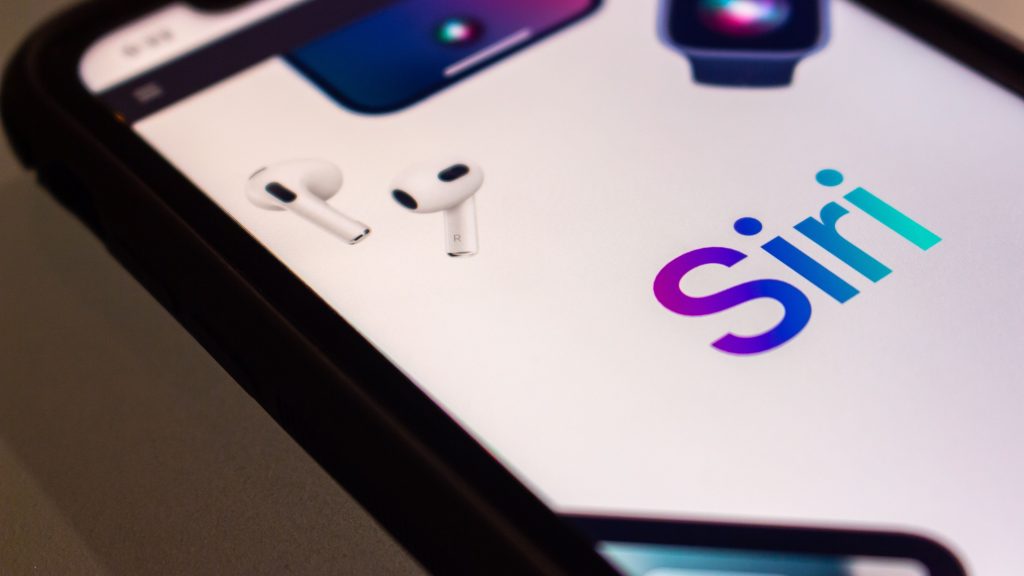
WHY WE SELECTED IT
When selecting a voice assistant, it’s prudent to take into account your home’s technological ecosystem, as well as the brands and devices you prefer. Choosing Siri-enabled products can result in a more harmonious tech experience, especially for those who are dedicated to the Apple ecosystem. Apple’s products are adept at capitalizing on each other’s capabilities. iPads, HomeKit devices, and the HomePod smart speaker are explicitly crafted to offer superior performance when used together.
PROS
- Integration with Apple
- Compatibility with HomeKit
- Multilingual support
CONS
- Constrained voice application variety
- Restricted device management capabilities
Language Support
Siri’s primary advantage over its competitors lies in its ability to comprehend a wide array of languages. Currently, the voice assistant can understand 21 languages, surpassing Alexa’s three and Google Assistant’s four. It’s worth noting that Siri exclusively supports English when used with the Apple HomePod smart speaker. However, Siri’s multilingual capabilities on the iPhone make it a robust choice for individuals who speak languages beyond the limited options available with Alexa and Google Assistant (which primarily support English, French, German, and Japanese).
Limited Voice Applications
One notable drawback of Siri is its relatively limited selection of voice applications. Its strong alignment with the Apple ecosystem means that popular services like Spotify or Pandora are not accessible through Siri. This limitation is inconsequential for Apple loyalists who are content with using iTunes, but for those who prefer third-party services, a more versatile voice assistant may be a more suitable choice.
Limited Device Control
While Siri allows for basic control of home automation features through HomeKit devices, it doesn’t exhibit the same level of versatility with other devices. For instance, the HomePod smart speaker has constraints, such as its inability to add events to your calendar via Siri and its inability to differentiate between different voices. Siri is a natural choice for individuals with Apple products, but for those seeking more versatile voice assistant devices for their kitchen or living room, Alexa and Google Assistant devices present a more comprehensive solution.
